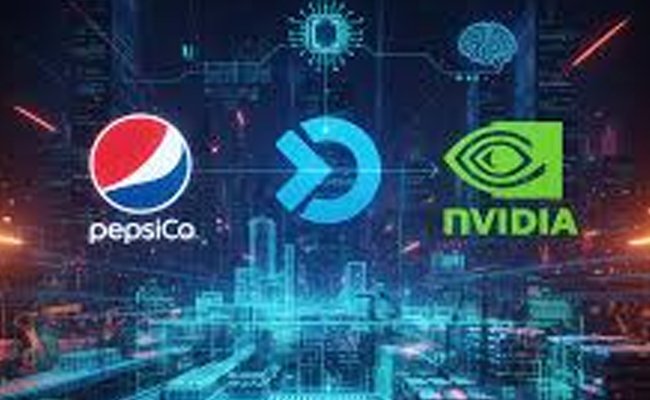Ajay Kumar Ajmera, CIO, ROCKMAN industries limited
The CIO’s Strategic Evolution and Emerging Technologies
As enterprises move into 2025, CIOs are evolving into strategic business enablers, focusing on aligning technology with measurable outcomes, innovation, and customer experience. Artificial Intelligence, especially agentic AI, is set to revolutionize operations like supply chains and customer service through autonomous, goal-driven systems.
Cloud strategies are maturing into hybrid and multi-cloud setups that boost flexibility, performance, and AI readiness while avoiding vendor lock-in. Cloud platform modernization is vital to support agility.
Edge computing is gaining momentum with the rise of IoT and 5G, allowing for real-time data processing. Sustainability is a growing focus, with Green IT aimed at reducing energy consumption. Spatial computing technologies like AR, VR, and MR are also poised to transform enterprise training, collaboration, and design environments.
Building Cyber Resilience
Cybersecurity remains paramount, with Zero Trust Architecture (ZTA) becoming standard. Organizations are embedding a “never trust, always verify” approach using multi-factor authentication and least-privilege access. To foster a security-first culture, leadership visibly champions cybersecurity as a shared responsibility. Interactive and role-specific training, phishing simulations, and continuous education help keep threats top-of-mind.
Employees are encouraged to report suspicious activity, supported by prompt, constructive feedback. Security is embedded in workflows—from project reviews to vendor procurement—ensuring it’s not an afterthought. Integrating AI and automation enhances threat detection and response. AI-driven SIEM and SOAR platforms analyze data in real-time, detect anomalies, and reduce alert fatigue. AI is also used in threat intelligence to anticipate emerging threats and spot sophisticated phishing attacks.
Redefining Leadership Roles: CIO, CTO, CISO, and DPO
By 2025, leadership roles will evolve into strategic enablers. The CIO will drive digital transformation and enterprise agility. The CTO will focus on innovation, emerging technologies, and product strategy. The CISO will transform into a board-level advisor, focusing on enterprise risk, cyber resilience, and Zero Trust implementation. The DPO will become crucial in managing global data privacy regulations and ethical AI deployment.
These roles are distinct. While small organizations may combine responsibilities, regulatory demands like India’s DPDP Act require independent DPOs to avoid conflicts of interest, especially where privacy rights may clash with broader organizational priorities. Each role contributes uniquely to digital trust, innovation, and resilience.






